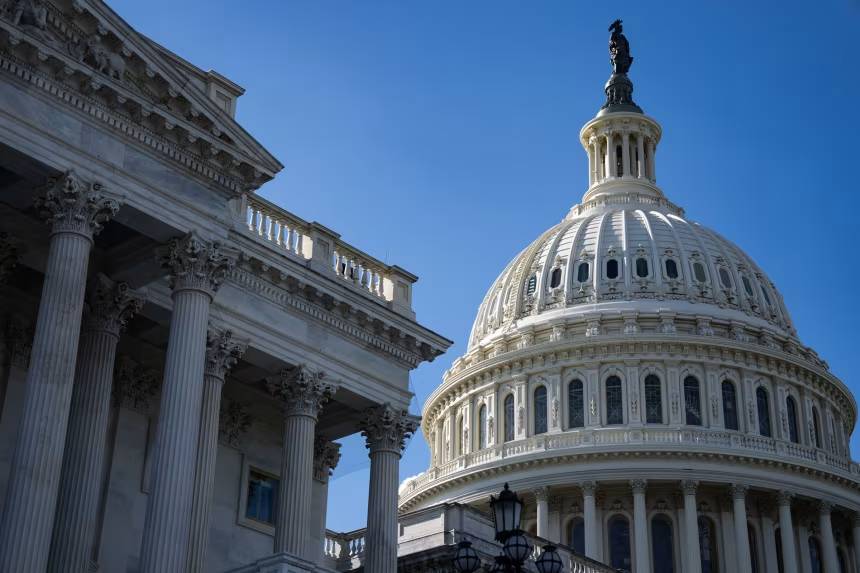The U.S. Senate has changed its rules in a dramatic move that will allow dozens of President Trump’s executive branch nominees to be confirmed much faster. By a 53 to 45 vote, Senate Republicans invoked the so-called “nuclear option,” eliminating the ability of Democrats to delay many confirmations with extended debate.
The rule change applies to sub-cabinet positions such as ambassadors, undersecretaries, and assistant secretaries, as well as other civilian roles across the government. Cabinet-level officials and federal judges will still undergo more traditional scrutiny with individual votes, but the new system will let groups of lower-level nominees be confirmed in one motion.
Republicans defended the decision as necessary to deal with a backlog of nearly 150 pending nominations. Majority Leader John Thune argued that prolonged obstruction had left critical government roles unfilled and that the change was essential to restore efficiency. Supporters say the move will help the administration carry out its agenda more effectively.
Democrats, however, strongly objected. Senate Minority Leader Chuck Schumer warned that the change undermines the Senate’s role as a deliberative body and sets a precedent that could weaken oversight of future administrations. Critics also pointed out that some of Trump’s nominees have faced controversy over qualifications, and the new rules could make it easier for unvetted candidates to take office.
This is the third time in just over a decade that the Senate has altered its rules on confirmations. Democrats first used the nuclear option in 2013 to lower the threshold for most judicial and executive branch nominees. Republicans followed in 2017 to ease the confirmation of Supreme Court justices, and again in 2019 to limit debate time for sub-cabinet nominees. The latest step marks another escalation in the partisan battles over how the Senate conducts one of its most important constitutional responsibilities.


